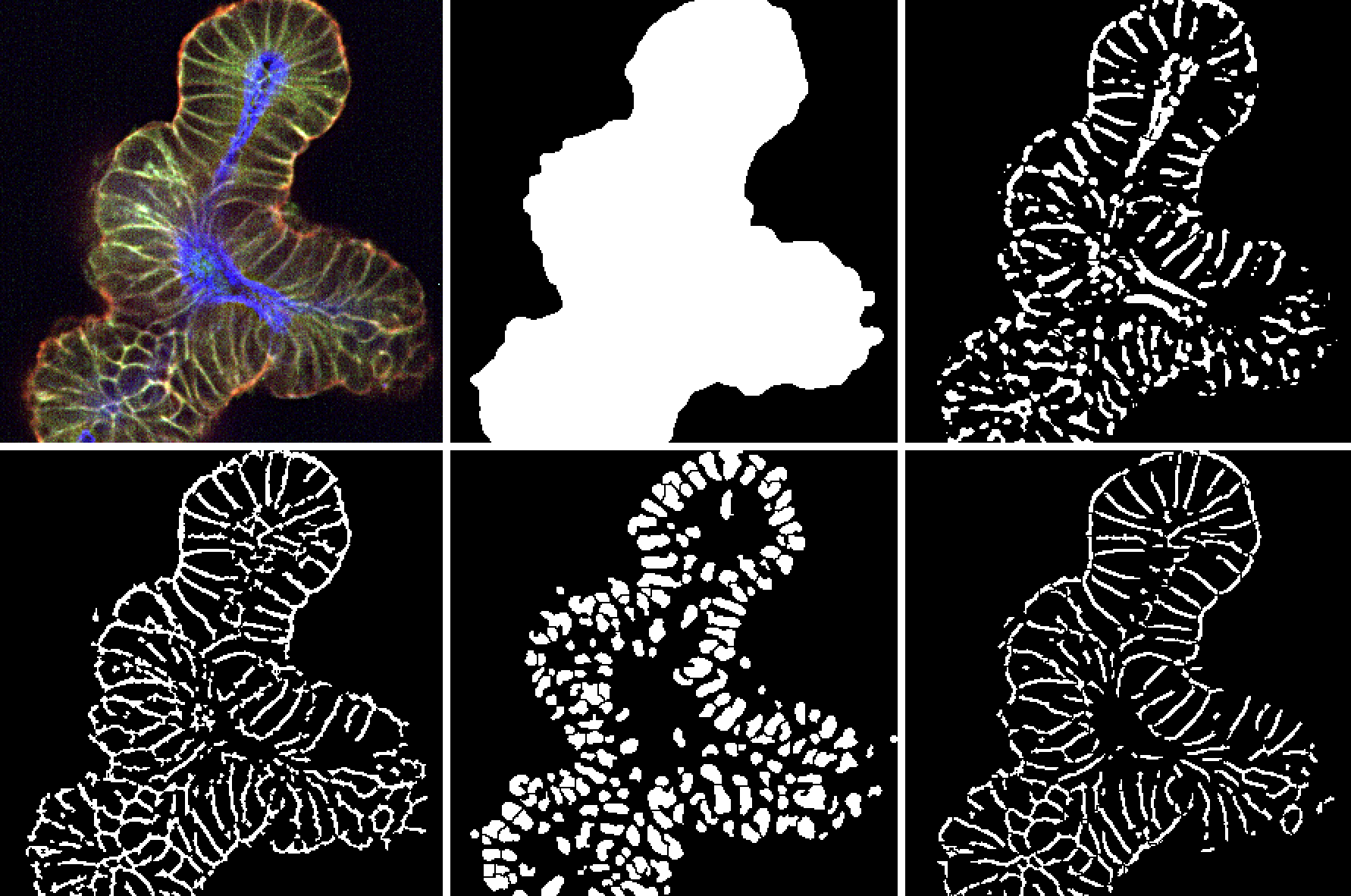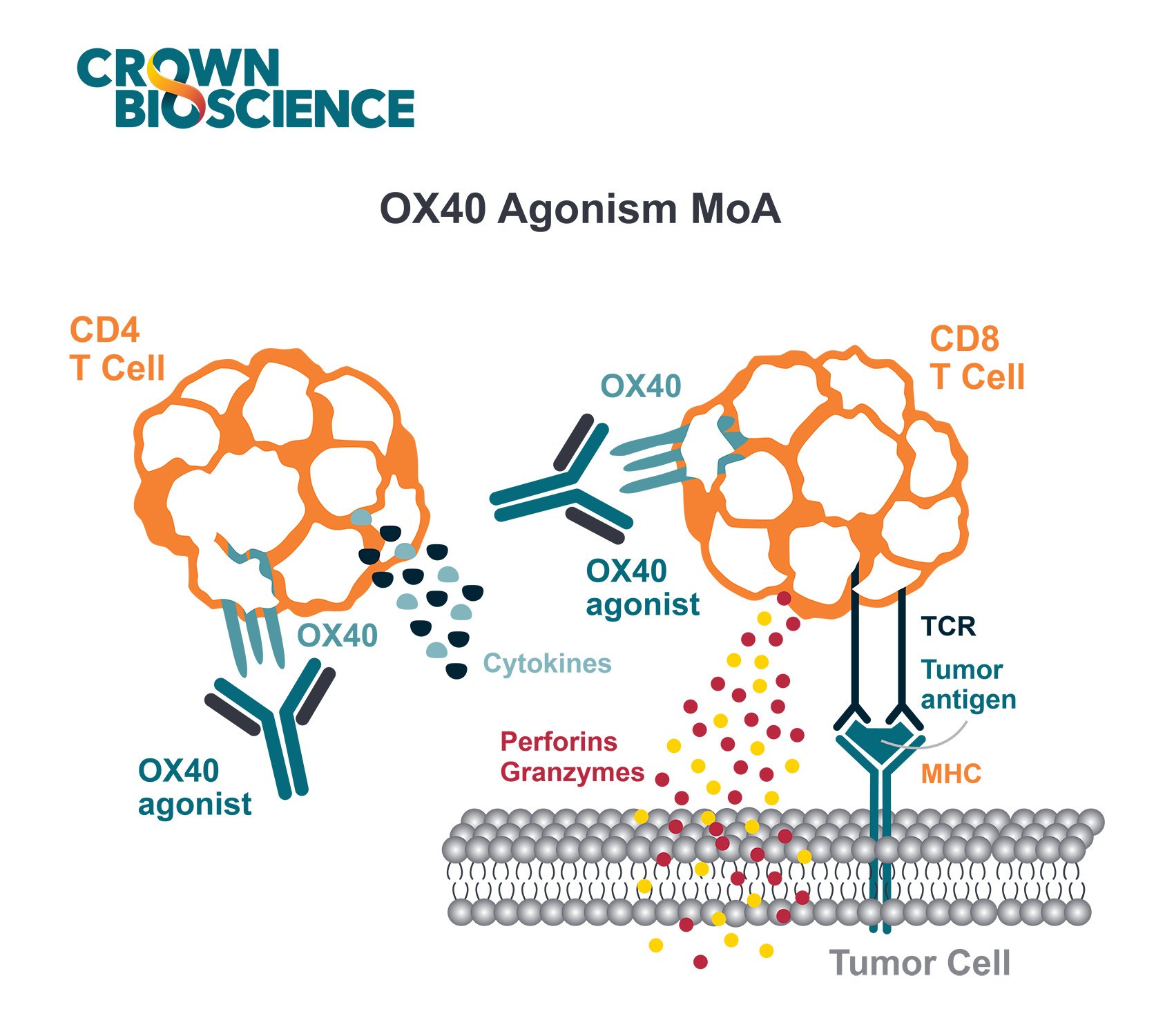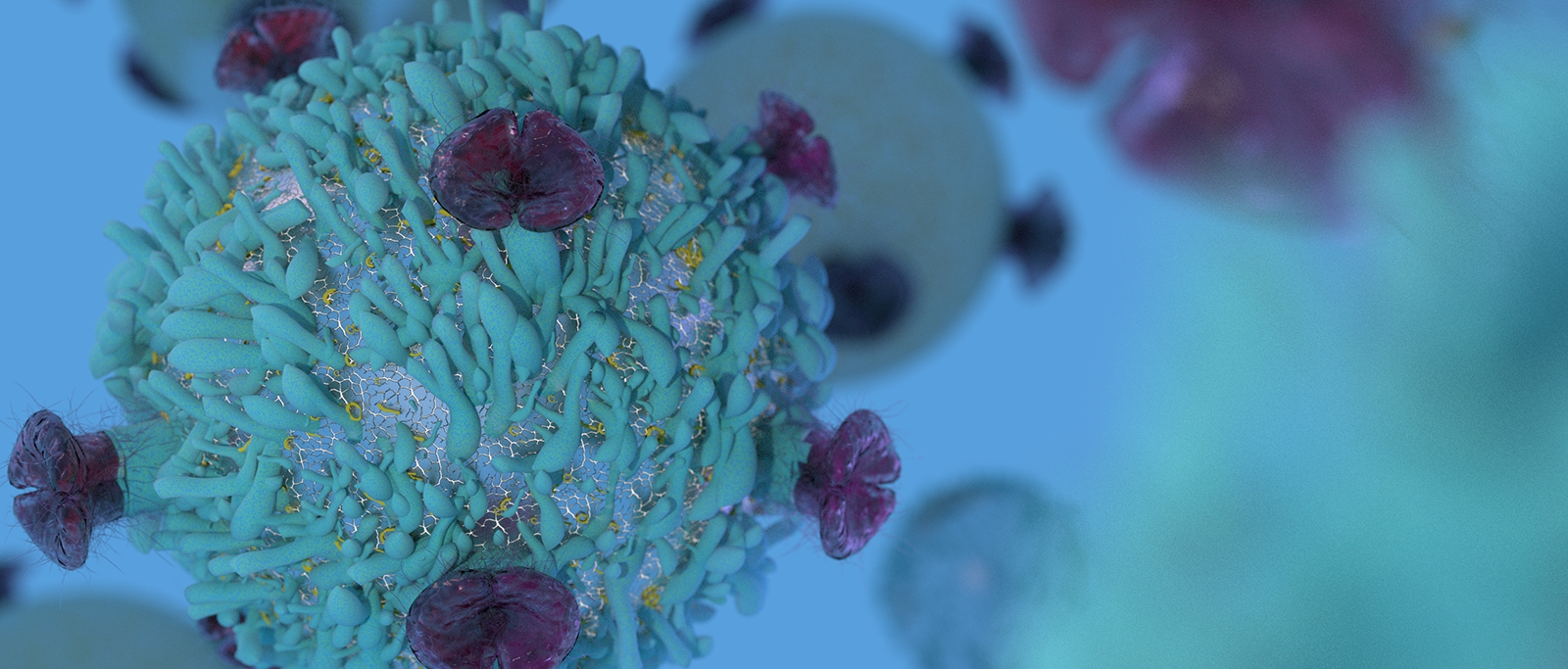 Review key questions on preclinical models and rare cell analysis technology for assessing CAR-T cell therapies from our recent webinar, answered by Dr. Rajendra Kumari, Global Head of Scientific Communication.
Review key questions on preclinical models and rare cell analysis technology for assessing CAR-T cell therapies from our recent webinar, answered by Dr. Rajendra Kumari, Global Head of Scientific Communication.
Target Identification and In Vitro Assays
Are You Able to Help with Identifying Targets for CAR-Ts?
The general approach for identifying targets for CAR-T cell therapies is to identify proteins/antigens uniquely expressed in targeted cancer cells, such as CD19 and ROR1. For example, ROR1 is expressed on chronic lymphocytic leukemia cells but not normal adult cells except for hematogones.
Exhaustive searches have been performed to screen such proteins based on expression profiles. Recent efforts have focused on conformational changes of proteins, even if the expression of such proteins is not cancer-specific. Both approaches can use either large-scale screening to filter down potential candidates experimentally, or computational methods to identify candidates based on genomic data.
So yes, we can take the computational approach as well, but the chance of finding novel targets is very small. We can, however, work with customers on the validation of their potential targets, both computationally and experimentally, particularly in mouse tumor models.
How Do you Check In Vitro for CAR-T Long Term Functionality?
T cell kill assays are performed to assess the efficacy or potency, or chemokine/cytokine release assays.
In Vivo CAR-T Models and Assays
How do you Determine the Numbers of CAR-T to be Injected? Does it Depend on the Target Antigen Expression Level?
For in vivo studies, the number of CAR-T is dependent on the target, expression levels, avidity/potency of CAR, and persistence, which can be assessed beforehand (e.g. in vitro, tolerability, PK studies).
What is the Best Assay for Monitoring CAR-T Cell Persistence Real-Time In Vivo?
You can track CAR-T persistence real-time by labeling with luciferase or fluorescent proteins (e.g. GFP, etc.).
What Sort of Models would be Suitable for CAR-NK Cell Therapies?
Similar to CAR-T, models expressing the relevant target.
Do You Use Fresh or Frozen CAR-Ts for a Large Screen using Multiple PDX Models?
You can use either fresh or frozen CAR-Ts. More coordination is required with fresh cells whereas it is easier with frozen cells. Ex vivo analysis also needs to be coordinated. However, this is very much dependent on the CAR-T production, amount available, and study location, which would drive the number of models. The number of models can also be influenced by the specific antigen and cancer type, as well as the breadth of models available.
What are Things to Consider When Assessing CAR-Ts in Immunocompetent Mice?
The mice need to be lympho-depleted with cyclophosphamide or low dose irradiation prior to CAR-T injection, in order to create space for the engrafted cells to expand.
What is the Best Assay for CAR-T Cell Exhaustion/Dysfunction in a Syngeneic Cancer Mouse Model?
You can assess exhaustion markers like PD-1, TIGIT, TIM-3, etc. and also check the cytokine/chemokine production and cytotoxicity ex vivo.
Do You See any Immunogenic Response with the Syngeneic Lines Expressing Human Tumor Associated Antigens?
It varies with the antigen and the cell line. We look at standard growth kinetics and clinical signs in mice to detect signs of immunogenic response. Most of the time the expression levels are low enough so there is no impact. In some cases, growth rate is slowed or there may be weight loss. In addition, we have worked quite a bit with syngeneic luciferase lines and see very little immunogenic response there. It makes sense that high levels of cell surface expression may enhance immunogenic response.
Organoids for CAR-T Cell Therapy Evaluation
Are you Developing any Organoids for CAR-T Evaluation?
Yes, through our collaboration with Hubrecht Organoid Technology (HUB) using their protocols, which originated from the Clevers lab. These models will include patient-derived organoids (PDO) from HUB and PDX-derived organoids (PDXO) generated from our PDX collection.
PDX are widely used for CAR-T studies but the throughput is challenging. The organoid platform will enable more models, with diverse expression levels of antigens, heterogeneity, and different cancer types using a lot less CAR-Ts in a higher throughput 384-well format.
There have been reports of organoids being used to look at colorectal cancer response to CAR-T and NK therapies (e.g. targeting EPCAM). We’re exploring co-culture methods with immune cells at the moment, but new technology and the assay conditions will need to be optimized to test CAR-Ts. The first platform to be offered is PDXO screening, with a diverse collection of cancer types with matched in vivo models.
Would 3D Models/Human Organoids help if No In Vivo Model is Satisfactory?
Organoids have the advantage over in vivo models in that human normal tissue can be cultured, enabling toxicity testing on normal human tissue which isn’t possible with xenograft systems or syngeneics.
Rare Cell Analysis Technology
Can You Look at CAR-T Phenotypes utilizing the Rare Cell Analysis Technology?
Yes, different phenotypes such as CD4+ vs CD8+ can be analyzed. The technology is potentially superior for cells like central memory cells, which may have a longer persistence compared to effector phenotypes associated with better efficacy.
Have You Used the Rare Cell Analysis Technology to Detect CTCs?
Yes, the technology has been used to detect CTC in PDX models, which was actually the original purpose. The platform was then extended for preclinical and clinical CAR-T detection to study the mechanism of response/relapse by correlating efficacy with penetrance.










